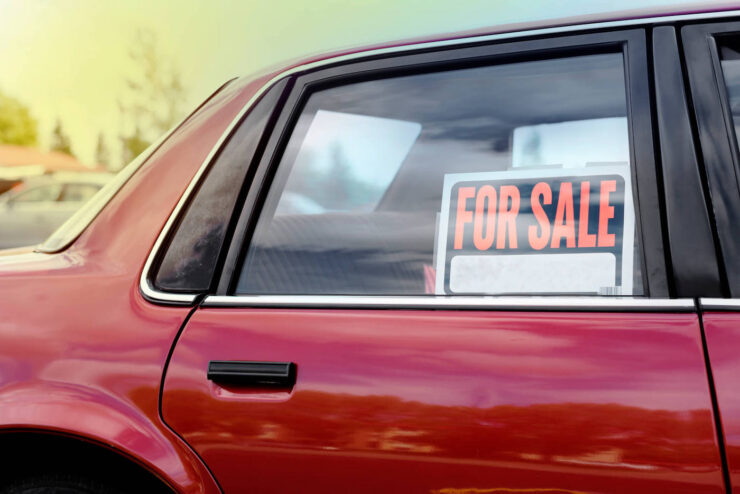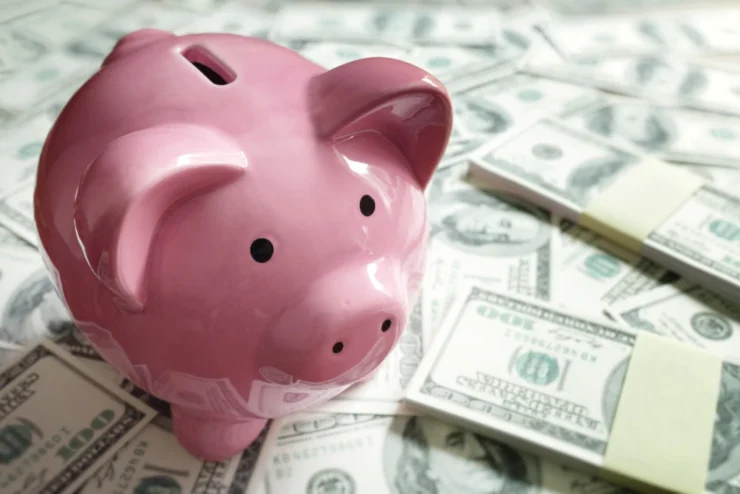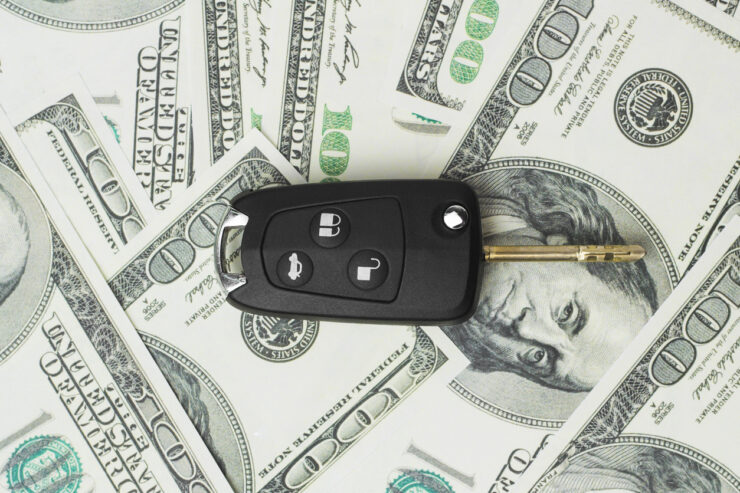Table of Contents
Selling your car for cash is a quick and efficient way to get cash, but it can also put your privacy at stake. Your personal information may be disclosed to strangers when you sell your vehicle, increasing your vulnerability to fraud and identity theft. Therefore, when selling your car for cash, it’s crucial to take some care into consideration and to safeguard your privacy.
We’ll go over some useful advice and tactics in this blog post to help you protect your personal data when selling your vehicle. These tips and tricks will help ensure that your private information is kept secure whether you’re selling your car to a private customer, a dealership, or a car removal service, like BestwayCarRemoval for instance.
Remove Personal Information from Your Car
When selling your vehicle to get some cash for cars, it is important to ensure that all of your personal information and devices are removed to protect your privacy. Many modern cars are equipped with technology that can store sensitive data such as contacts, locations, and login credentials. If you don’t get rid of this information, you could become a victim of scams or identity theft. It is essential to take the required precautions to remove all personal data from your car before selling it in order to avoid this situation.
To begin, it is recommended that you disconnect your smartphone or any other device that may be connected to your car’s infotainment system. This can include devices such as an iPod, USB drive, or other portable media players. These devices can store sensitive data and must be removed before selling your car. It is also important to clear the car’s infotainment system memory, which can store data from a previous phone or media connection. You can typically do this by accessing the settings menu on the infotainment system and selecting the option to erase all data.
Don’t Share Too Much Personal Information with Potential Buyers

When you are selling your car for cash, it is important to be cautious about the personal information you share with potential buyers. While it is important, to be honest about the car’s condition and history, you don’t need to provide more information than necessary. Unless you feel comfortable doing so, avoid disclosing your complete name, address, phone number, or other personal information. Providing only the necessary details can help protect your privacy and prevent any potential identity theft or scams.
It’s also important to be aware of scams that may target you when selling your car for cash. Scammers may pose as interested buyers and ask for personal information or try to get you to wire money for fake reasons. To avoid these scams, be wary of any buyer who seems too eager to make a deal or who asks for personal information or money upfront. Always meet potential buyers in a public place, such as a parking lot, and bring a friend or family member with you for safety.
Meet in a Public Place
Meeting in a public place is an important step in protecting your privacy when selling your car for cash. It’s best to avoid providing your home location to prospective buyers because doing so might jeopardise your security and privacy. Instead, make plans to meet the customer in a well-lit area like a parking lot, mall, or police station. These locations generally have good lighting, security cameras, and guards on duty who can help you in an emergency.
Additionally, it’s a good idea to bring a friend or companion when meeting someone new. This might be an acquaintance, a member of your family, or even a colleague. Having someone else present can deter any potential danger and provide an extra layer of security. Exchange phone numbers with the person you meet, and alert someone of your whereabouts and meeting details. By doing so, you can remain in touch with someone and allow them to contact you if necessary.
Verify the Buyer’s Identity

Verifying the identity of the buyer is an important step in protecting your privacy when selling your car for cash. This is especially important when you are dealing with an individual buyer rather than a dealership or car removal company. Before meeting with the buyer, ask for their full name and phone number, and then verify that information through an online search or by asking for additional identification.
Ask to see the buyer’s driver’s licence or other forms of official identification when you encounter them to verify their identity. For your records, you might also want to snap a picture of the ID. Consider rethinking the transaction if the buyer is reluctant to present identification. This could be a warning sign. Always remember that when it comes to safeguarding your personal information, it’s better to be safe than sorry.
Get a Bill of Sale
Obtaining a bill of sale is a crucial step to take when selling your car for cash in order to protect your privacy. The conditions of the transaction are described in a bill of sale, which is a legal document that includes the sale price, the buyer and seller’s names and addresses, the make and model of the vehicle, the vehicle identification number (VIN), and the date of the transaction. A bill of sale gives you a paper trail of the transaction and can be used as ownership evidence in the event of future disagreements.
When creating a bill of sale, make sure to include all of the important details of the transaction and have both the buyer and seller sign it. You can find templates for bills of sale online or through your state’s department of motor vehicles. It’s also a good idea to keep a copy of the bill of sale for your records. This can help you protect your privacy in case the car is involved in any accidents or other incidents after the sale.

Conclusion
In conclusion, protecting your privacy is important when selling your car for cash. This can assist you in preventing identity theft, scams, and other issues that may result from disclosing too much confidential information.
You can protect your personal information and get the best price for your vehicle by removing personal information from your car, being cautious about the information you share with prospective buyers, meeting in a public place, confirming the buyer’s identity, and getting a bill of sale.
Keep in mind that taking a few extra precautions to safeguard your privacy can help you avoid numerous headaches and other potential issues in the future.

